Mugwort. Surprisingly cheeky and brazen, like the very old withered little bent over woman who suddenly reaches up to you and plants a big juicy smacker of a kiss on your cheek. She has the vitality of somebody a quarter of her age. Wise and direct, yet joyful. She's soft without molly-coddling. She delivers her message swiftly, with mirror-like clarity yet without judgement or harshness.
Perhaps this is why she is also known as the herb for new initiates to the plant spirit path. She is so easy to talk to. She welcomes you with open, soft, silvery hands. All you have to do is open up the conversation by saying "hello". And when you do, she will gently invite you in to realms of deeper perception, where a new way of communing with plants and integrating the healing process is possible.
In my communications with her I'm always amazed at how quick and clear she is in her conversing. She is so chatty (at least, relative to other plants I've spoken with) that I often doubt myself - "did she really just say that?" - although that is becoming less of an issue with time. More about that soon.
Mugwort's genus name Artemisia hints at the moon goddess that it it's namesake. Every image I've seen of the greek goddess Artemis (or Diana, her Roman equivalent) depicts her as huntress and protector of the wild creatures of the forest. She doesn't kill indiscriminately; she brings death only when it is timely and appropriate. And she also brings life, as is evident in her traditional use by herbal midwives in labour and birth.
Edit on 14 June 2020: Since writing this article I've learnt more about mugwort and the many different species growing around the Sunshine Coast Hinterlands, where I live. I believe one of the species naturalised to this area (and pictured below) may be Chinese mugwort (Artemisia verlotiorum) which is more aromatic than common mugwort (A. vulgaris) and grows 1-3 m high.
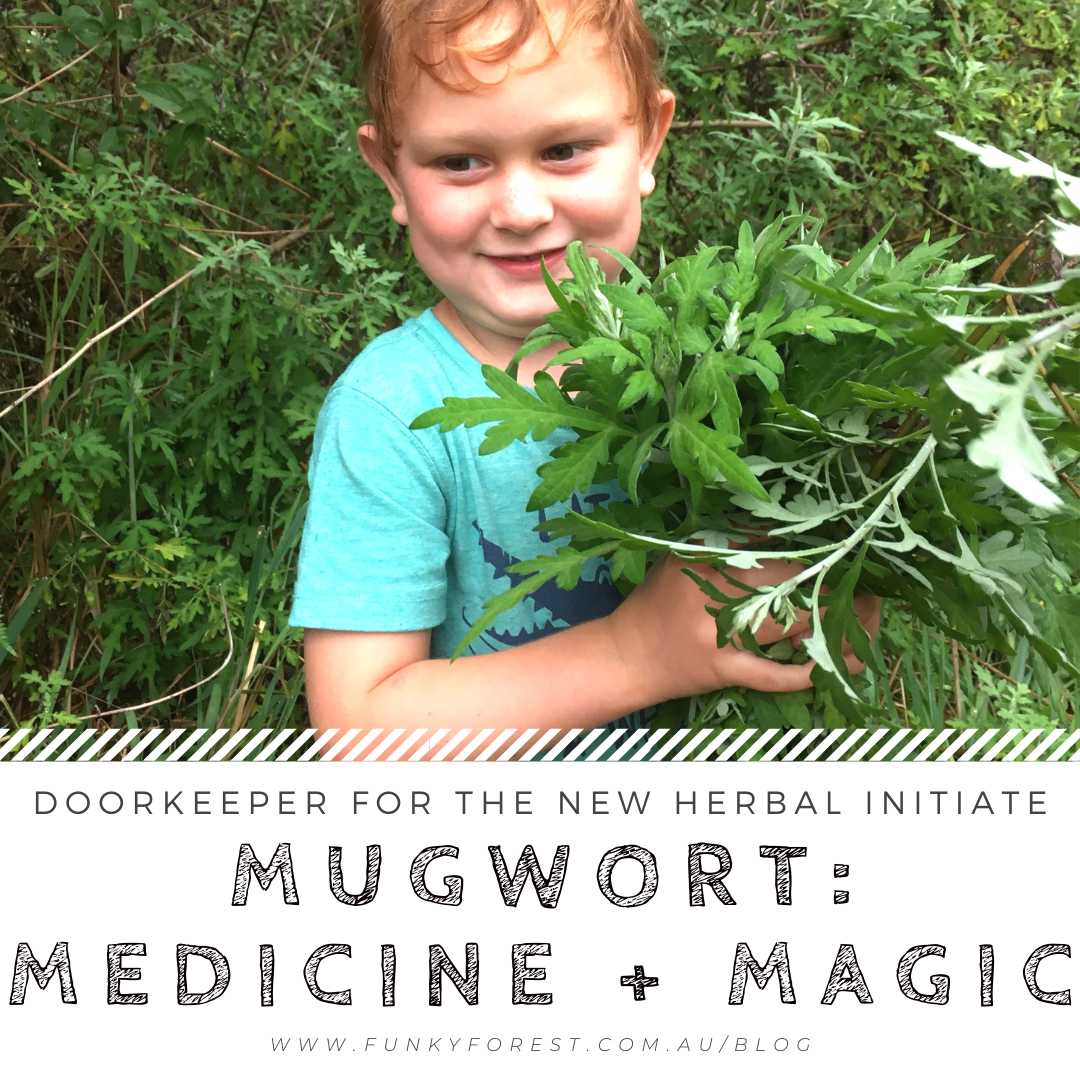
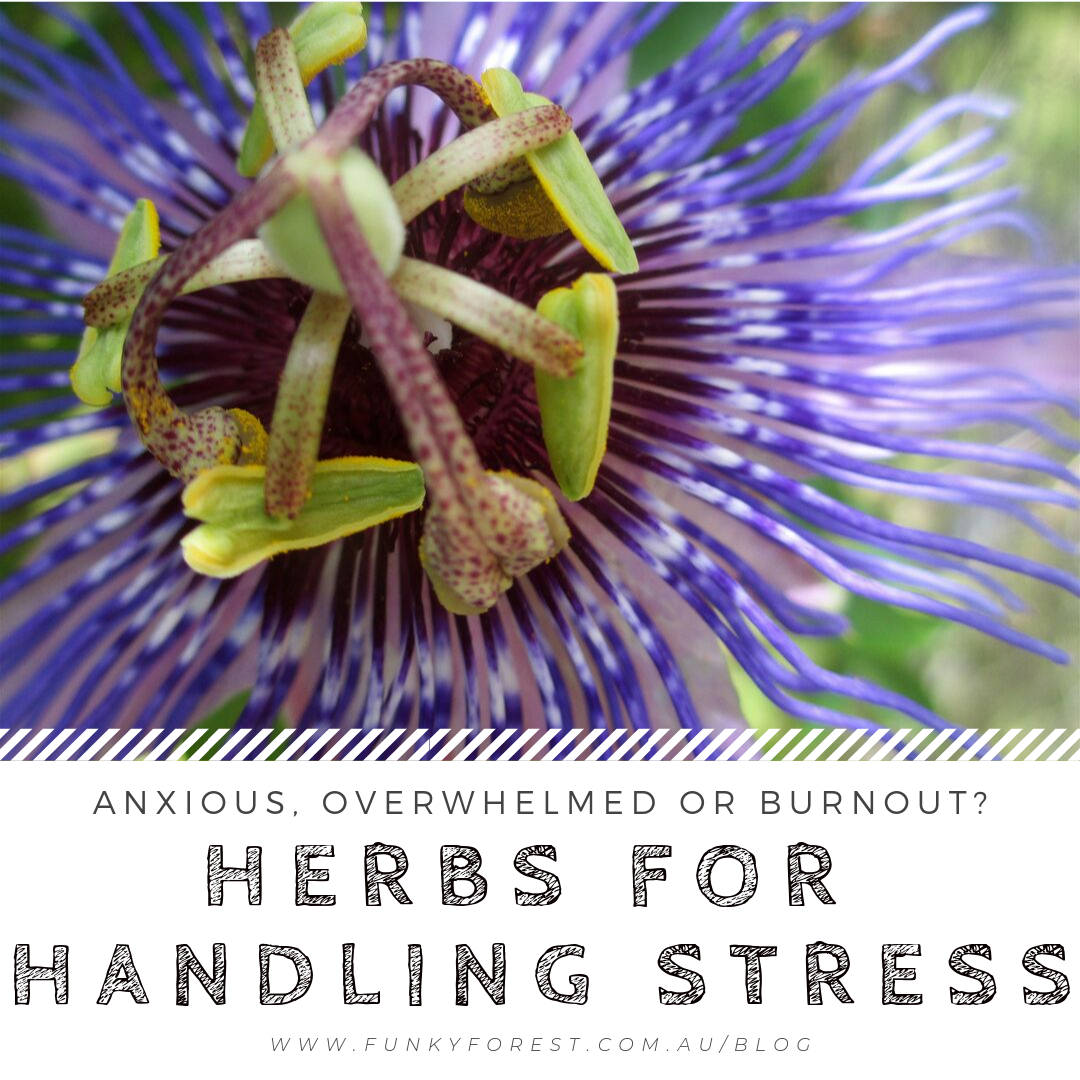
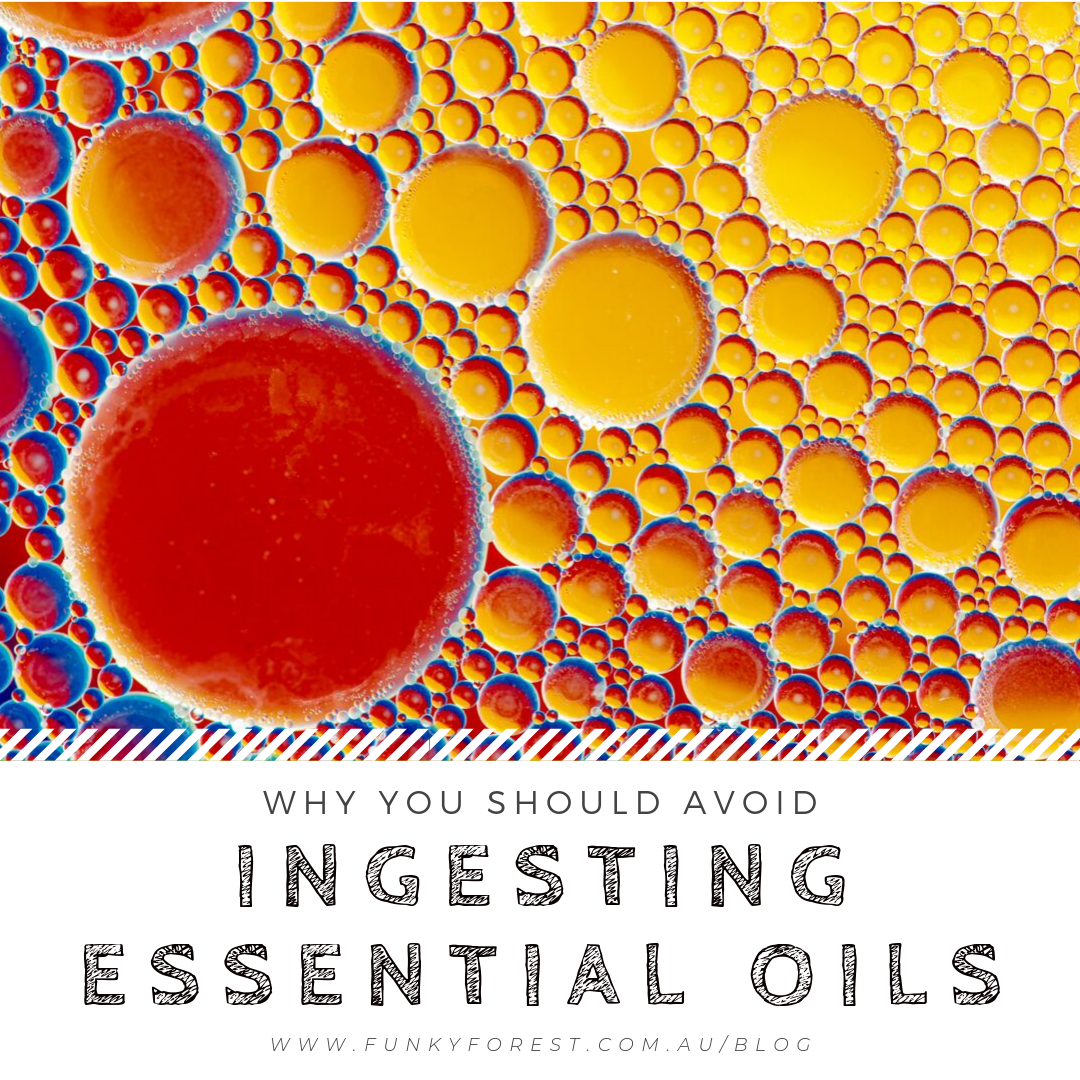
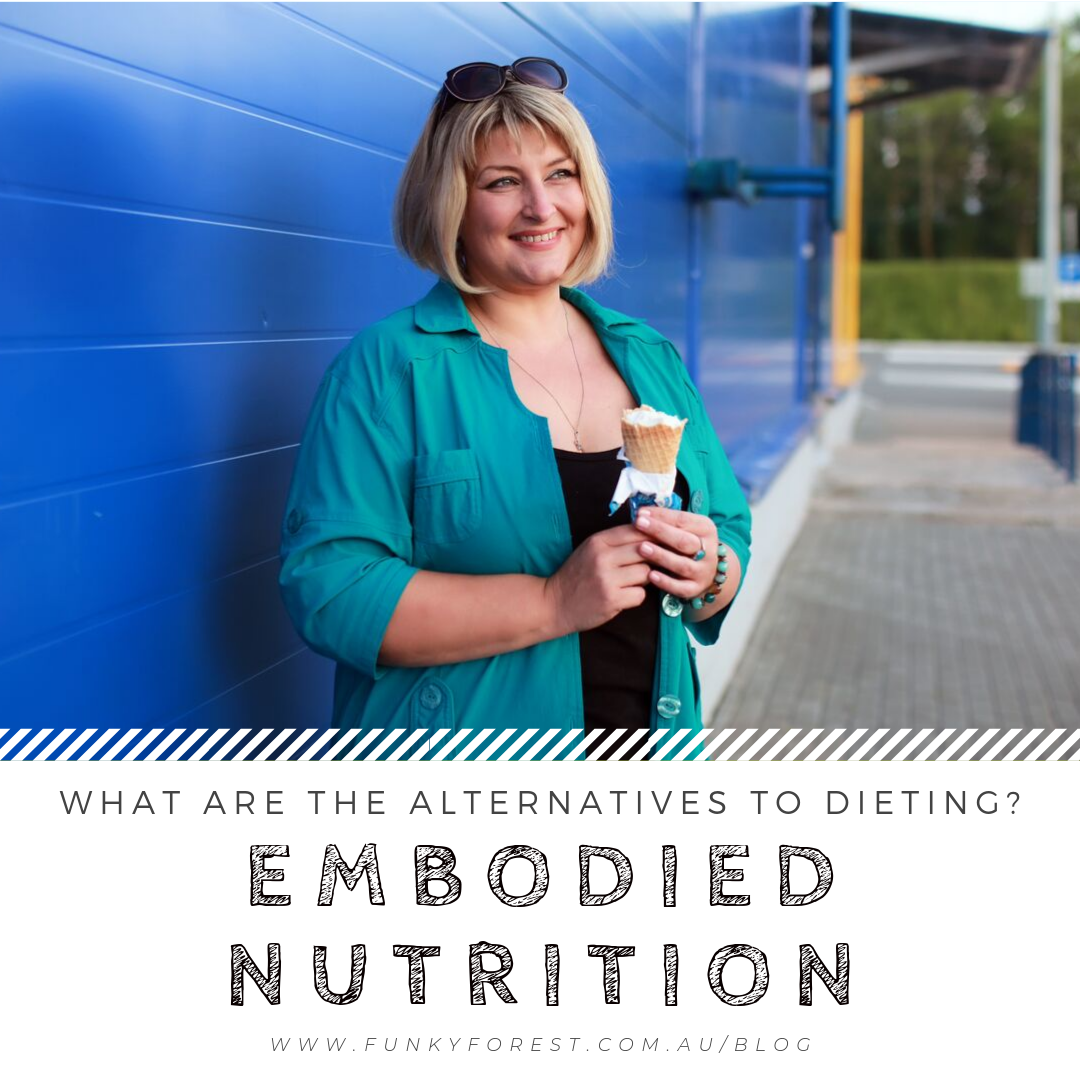
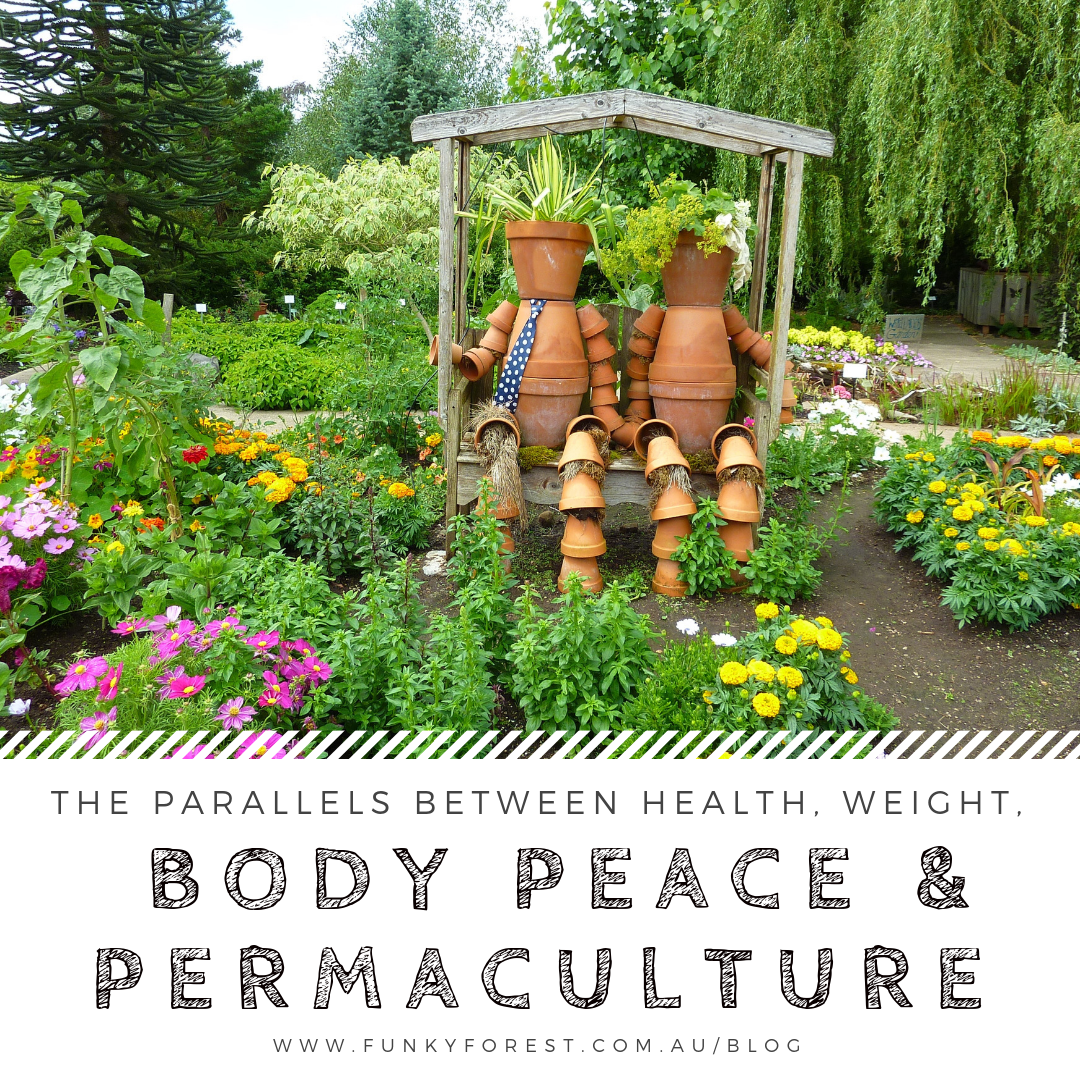
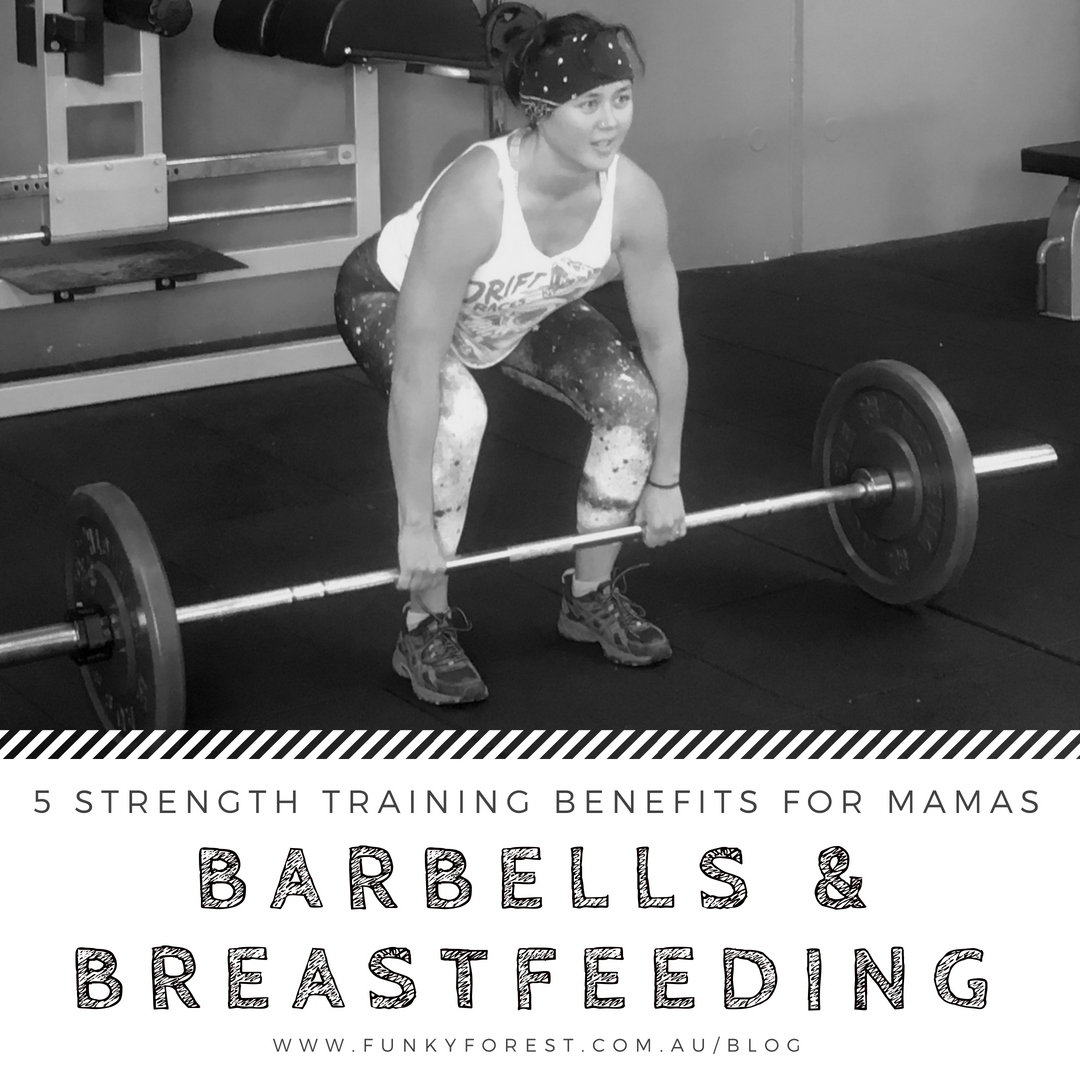
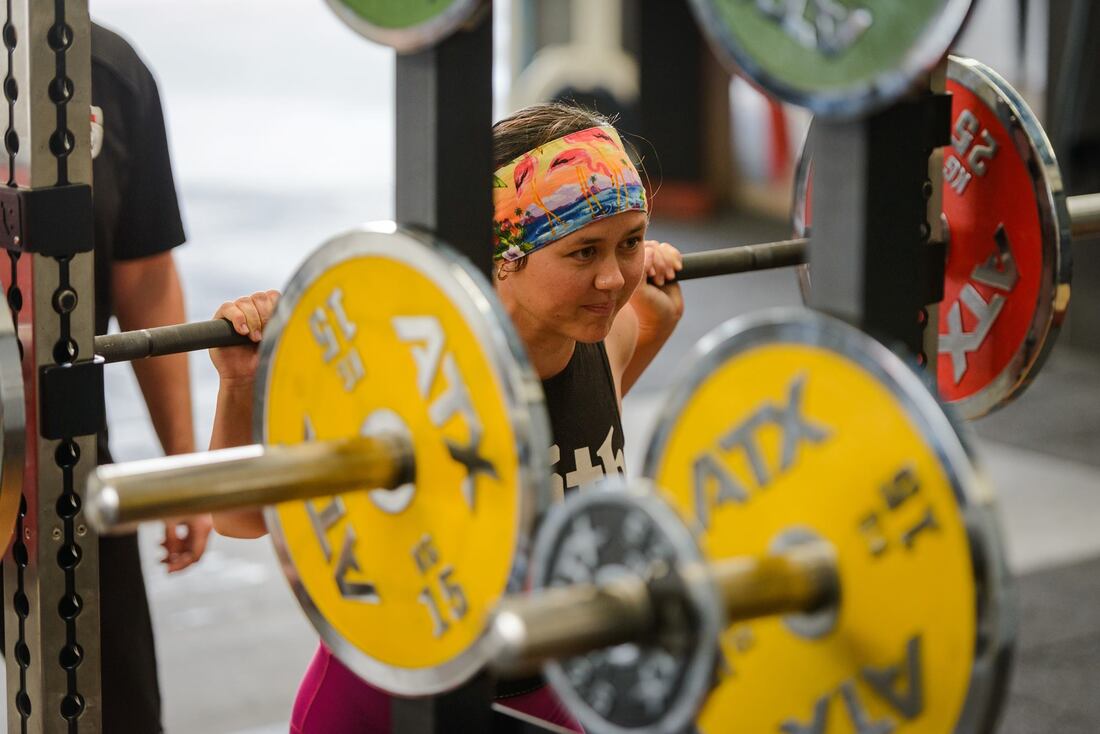

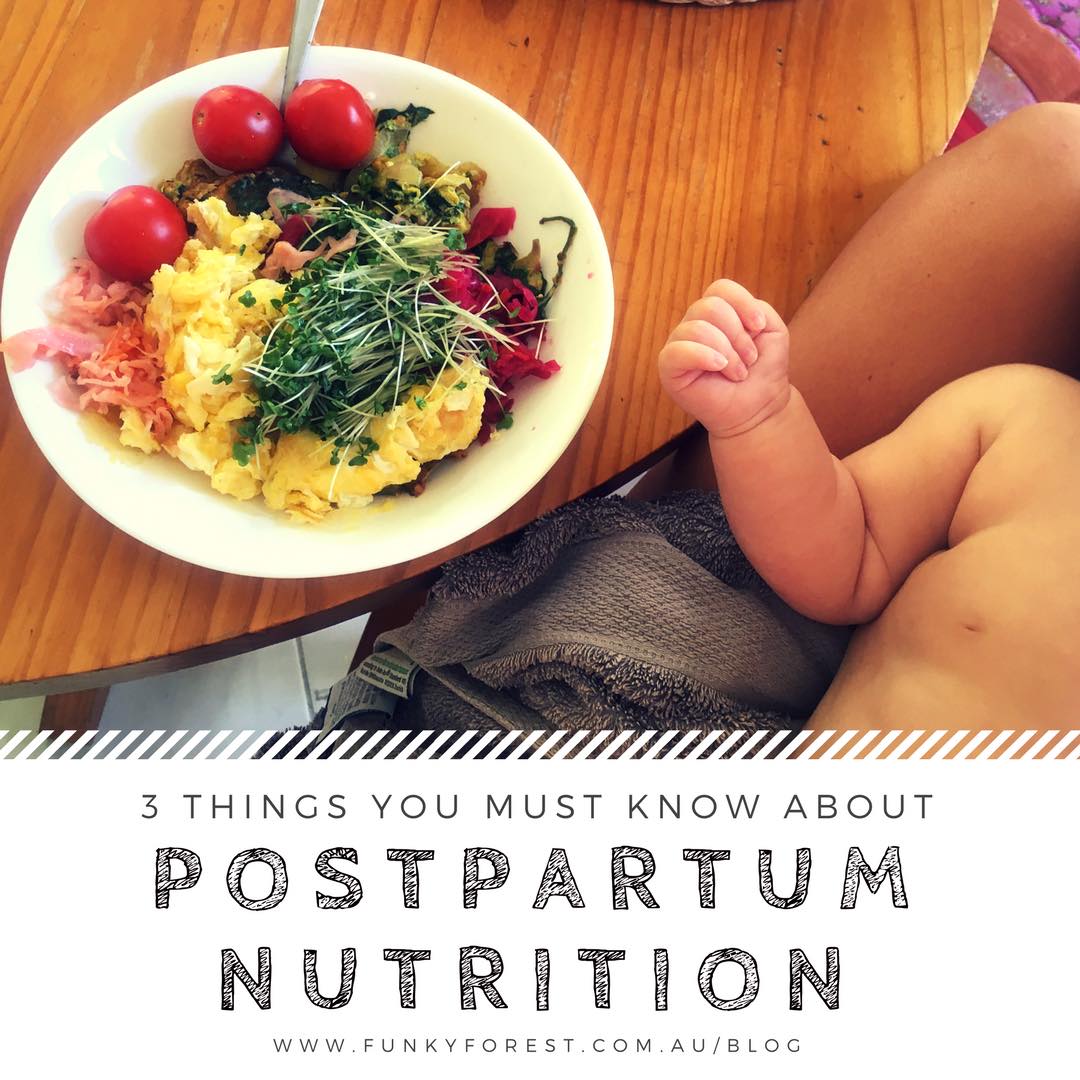


































 RSS Feed
RSS Feed



